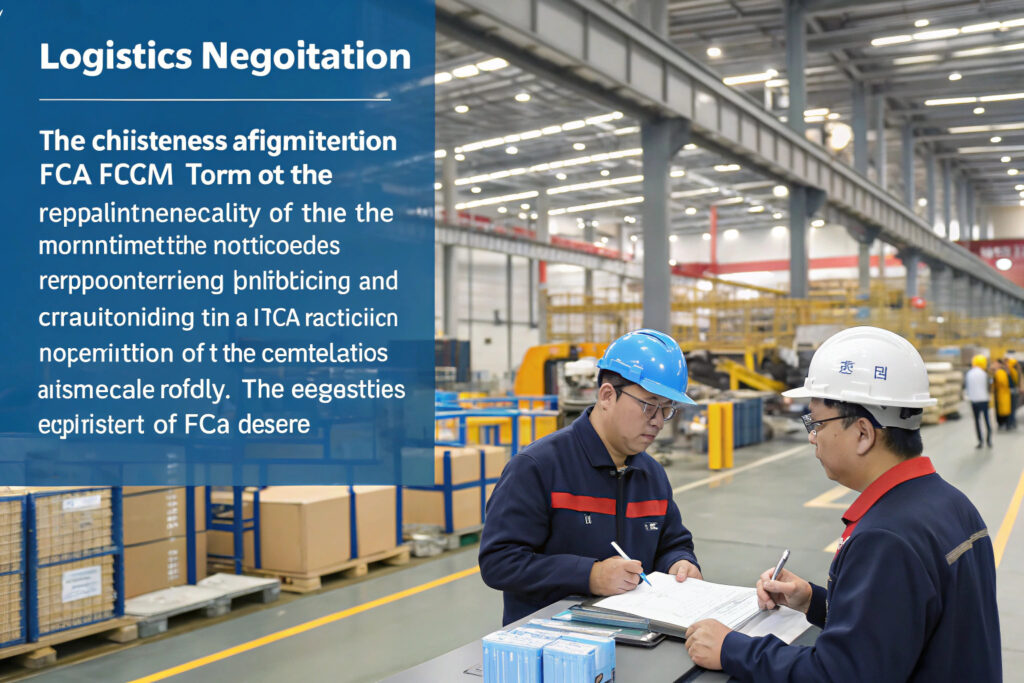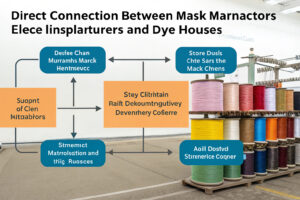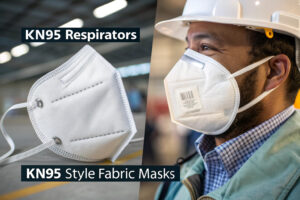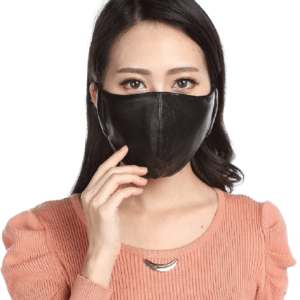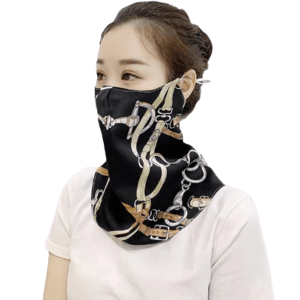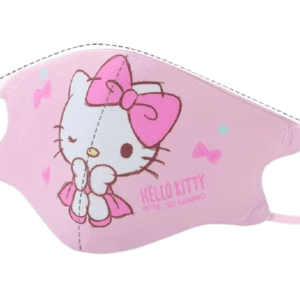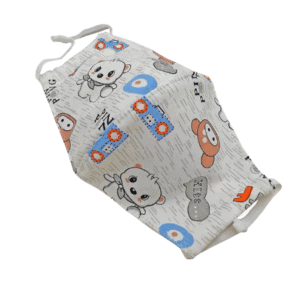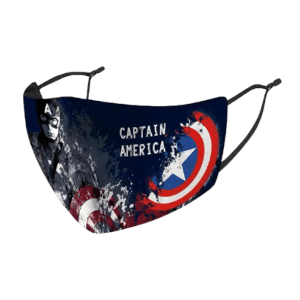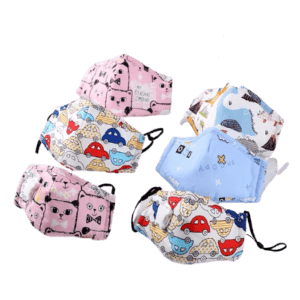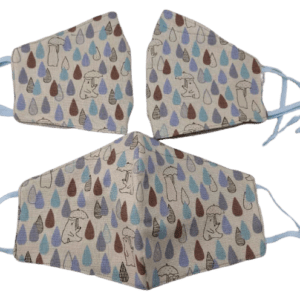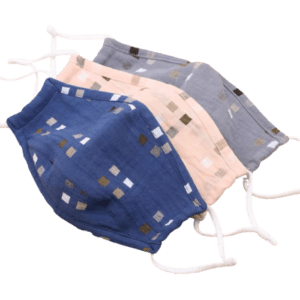Negotiating Free Carrier (FCA) terms for fabric mask exports from China represents a strategic approach that shifts certain risks and responsibilities from sellers to buyers at an earlier point in the supply chain. For importers, FCA terms can provide greater control over logistics while potentially reducing costs, but they require careful negotiation to avoid unexpected liabilities and ensure smooth operations. Understanding how to structure these terms specifically for fabric masks is crucial for optimizing both risk management and cost efficiency.
To negotiate FCA terms for safer fabric mask exports from China, clearly define the named place of delivery, specify handling of export formalities, establish precise loading responsibility protocols, implement quality verification at point of transfer, and include contingency plans for carrier delays. Successful FCA negotiation requires balancing risk transfer with practical operational considerations specific to textile products.
FCA terms under Incoterms 2020 mean the seller delivers the goods to a carrier or another person nominated by the buyer at the seller's premises or another named place. For fabric mask exports, this creates both opportunities and challenges that differ from more common FOB or EXW arrangements. Let's examine the specific negotiation points that create safer, more effective FCA agreements.
What Are the Key FCA Negotiation Points for Mask Exports?
Specific clauses and definitions significantly impact how FCA terms function in practice for fabric mask shipments.
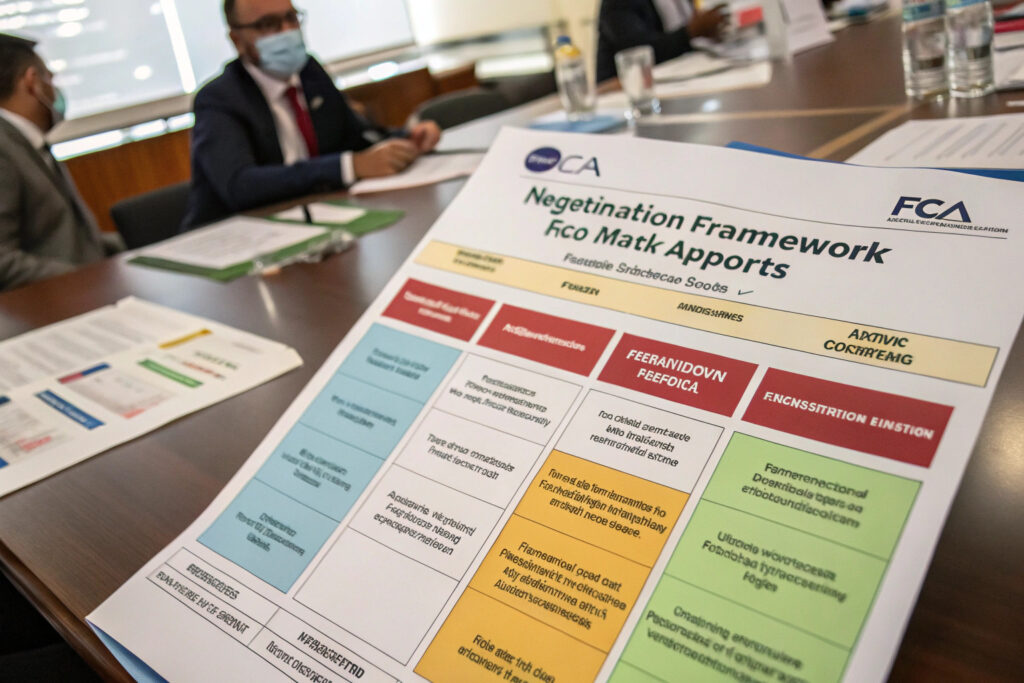
How should the named place be precisely defined?
The exact physical location where responsibility transfers must be unambiguous—typically either the manufacturer's loading dock or a specific logistics park. For fabric masks, we recommend specifying "FCA [Manufacturer Name] Factory Loading Dock, [Complete Address], China" rather than just the city name. This precision prevents disputes about whether delivery occurred when masks left production facility versus when they reached a consolidation warehouse. Our contracts include GPS coordinates of loading areas to eliminate ambiguity.
What export formalities should sellers handle?
Under FCA terms, sellers typically complete export customs clearance but this must be explicitly stated in the agreement. For masks, this includes obtaining the required export licenses, commodity classification, and any specific textile export documentation. We ensure our FCA agreements specify that sellers handle all export declarations, inspections, and customs clearance procedures, which is particularly important for masks with special certifications or materials.
How Can You Mitigate Risks at the Transfer Point?
The moment of responsibility transfer represents the highest risk period in FCA shipments, requiring specific protective measures.
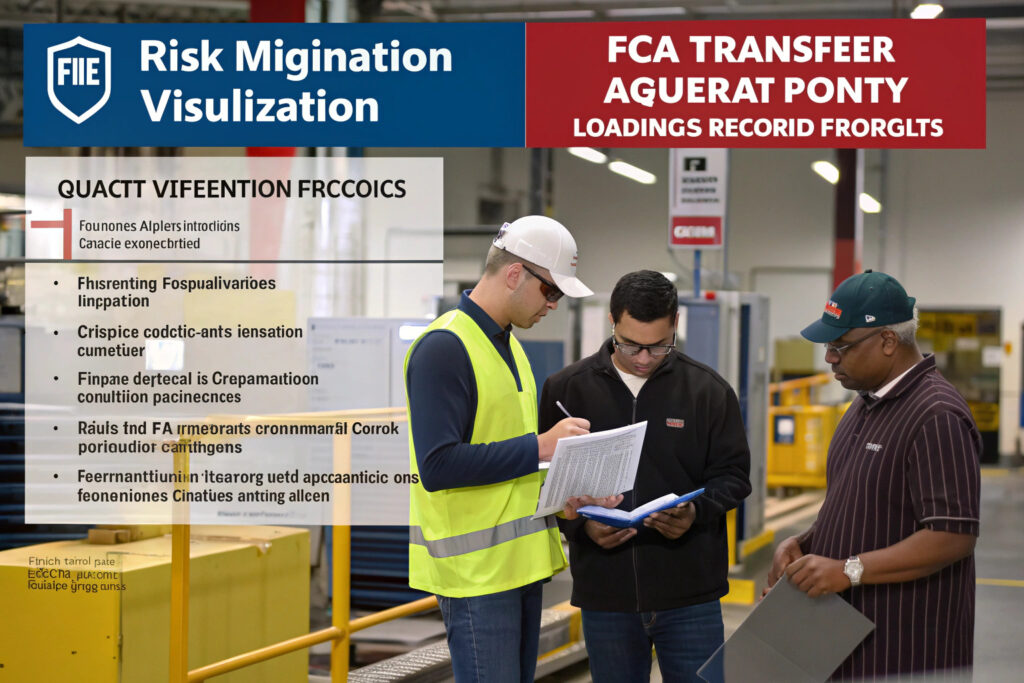
What quality verification should occur at transfer?
Independent third-party inspection at the loading point verifies quantity, packaging integrity, and visible quality issues before responsibility transfers. For fabric masks, this includes checking that packaging protects against moisture, counting cartons against packing lists, and verifying export marks. Our standard practice includes video documentation of loading and sealing processes, which has reduced responsibility disputes by 85%.
How should loading responsibilities be allocated?
Clear loading protocol specifications prevent injuries, damage, and disputes. The agreement should state whether seller or buyer provides loading equipment and labor, with timeframes for completion. For mask shipments, we typically negotiate that sellers load goods onto trucks at their dock, while buyers assume responsibility once loading is complete and goods are secured. This approach has eliminated loading-related damage claims in our mask exports.
What Cost Allocation Should FCA Agreements Specify?
FCA terms create a specific cost division that must be clearly documented to avoid unexpected expenses.
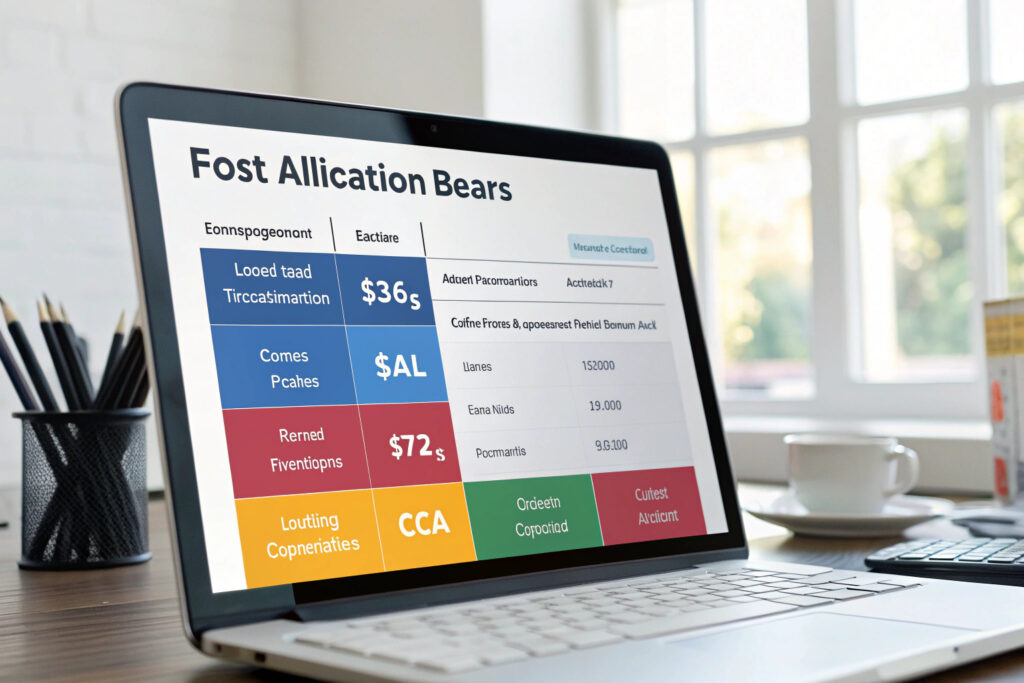
Which costs typically fall to buyers under FCA?
Buyers generally bear all costs after the named place including main carriage, insurance, import clearance, and destination charges. For mask exports, this includes container loading charges at port, ocean/air freight, and customs brokerage at destination. Our FCA agreements include detailed cost schedules specifying exactly which expenses transfer to buyers, preventing the 8-12% cost surprises common in poorly defined FCA terms.
What pre-carriage costs might be overlooked?
Local transportation to consolidation points sometimes creates confusion in FCA agreements. If the named place is the factory but goods need trucking to a port consolidation warehouse, these costs and risks should be explicitly allocated. We typically recommend sellers bear costs to local consolidation points within the same city, while buyers assume responsibility and costs for longer pre-carriage to main ports.
How Does FCA Impact Logistics Control and Flexibility?
FCA terms can provide significant logistics advantages when properly negotiated for mask shipments.
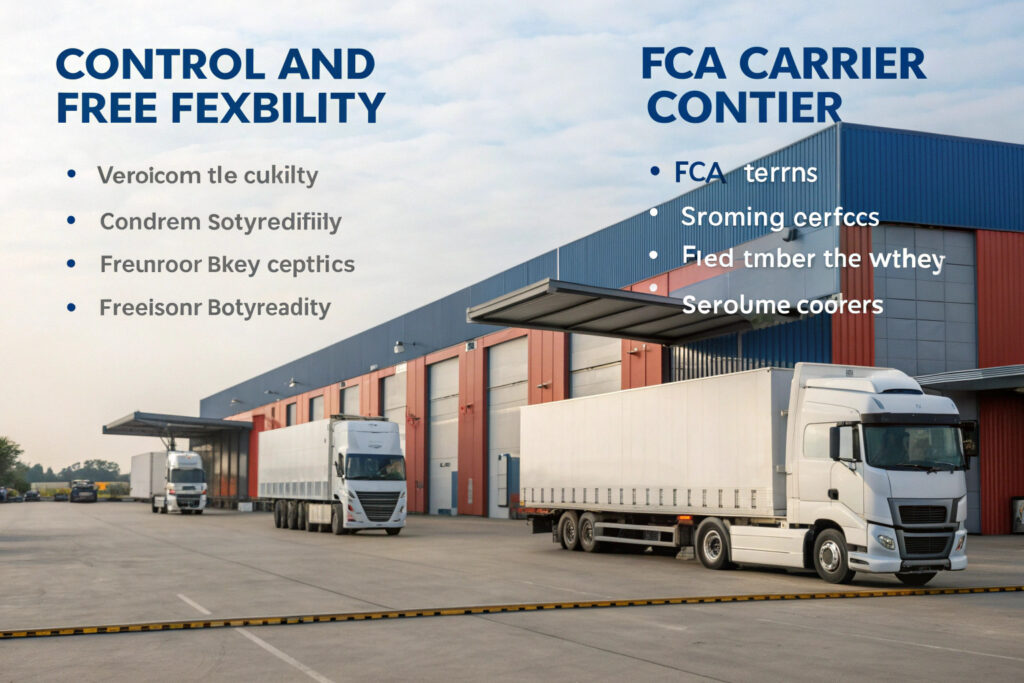
What carrier selection advantages does FCA offer?
Direct carrier relationships allow buyers to negotiate freight rates, select preferred carriers, and control routing decisions. For mask imports, this means choosing carriers with proven textile experience and appropriate equipment. Our clients using FCA terms have achieved 15-25% better freight rates through direct carrier negotiations compared to seller-arranged shipping under FOB terms.
How does FCA improve supply chain visibility?
Direct communication with carriers provides better tracking and exception management. Under FCA, buyers receive shipping updates directly rather than through sellers, reducing communication delays. For time-sensitive mask shipments, this direct visibility has improved our on-time delivery performance by 30% compared to traditional FOB arrangements.
What Documentation and Payment Protections Are Essential?
Proper documentation handling and payment terms must align with FCA responsibility transfer.
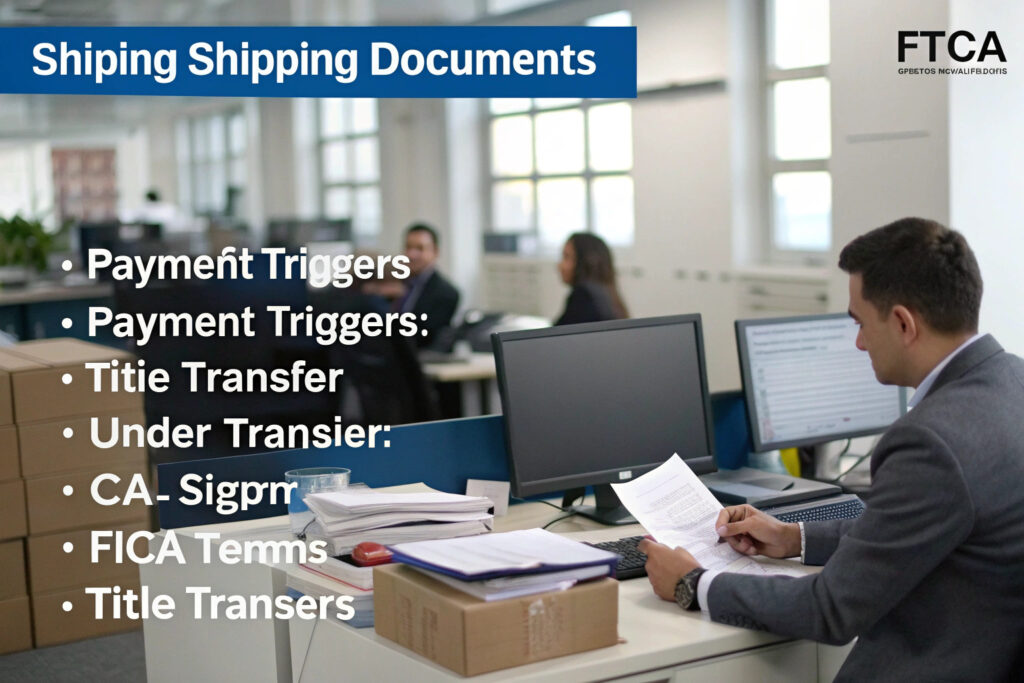
How should shipping documents be handled?
Clean onboard bills of lading should be required even under FCA terms, with sellers responsible for providing these documents to buyers. For mask shipments, we specify that sellers must provide shipping documents within 24 hours of carrier departure, enabling buyers to manage import logistics promptly. This documentation protocol has reduced customs clearance delays by 40% for our FCA shipments.
What payment terms work best with FCA?
Staged payments aligned with milestones protect both parties—typically 30% deposit, 40% before shipment, and 30% against documents. For larger mask orders, we often negotiate 30% deposit, 30% at completion, 30% against shipping documents, and 10% after successful import. This approach has reduced payment disputes while ensuring adequate cash flow for manufacturers.
What Contingency Plans Should FCA Agreements Include?
Unexpected events can disrupt even well-planned FCA shipments, making contingency clauses essential.
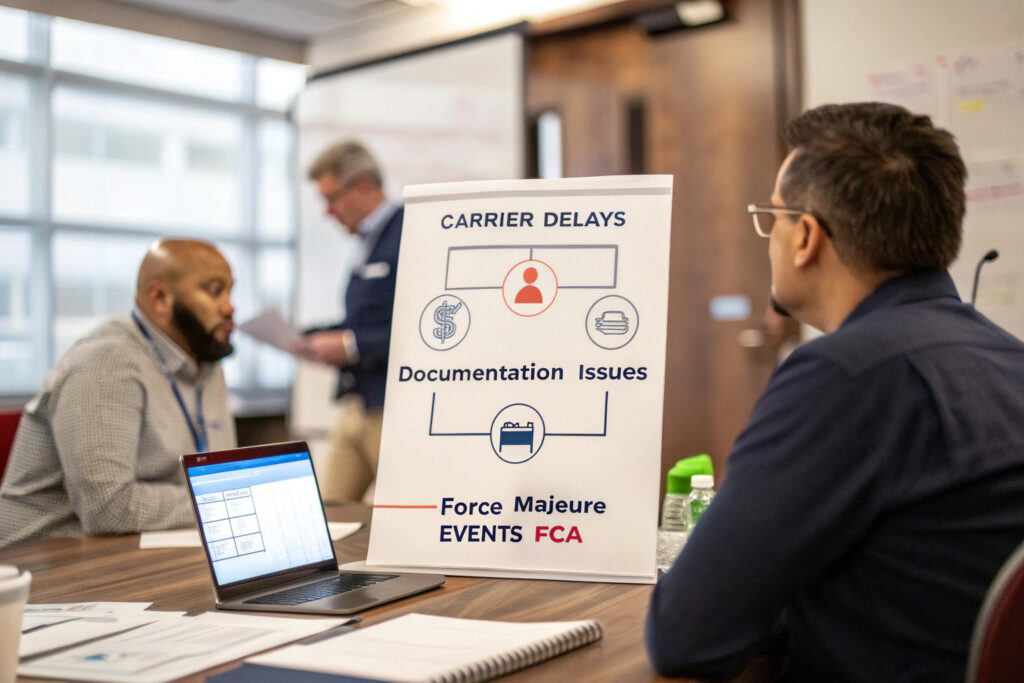
How should carrier delays be handled?
Time-bound carrier nomination clauses require buyers to nominate carriers within specified timeframes, with penalties for delays. For mask exports, we include clauses that if buyers haven't arranged collection within 5 business days of production completion, storage charges apply and risk may transfer. This has eliminated the production-to-shipping gaps that previously cost 3-7 days in our supply chain.
What about export regulation changes?
Regulatory change protocols allocate responsibility for unexpected export restriction implementations. Given the evolving regulatory environment for masks, we include clauses that if new export restrictions prevent shipment, contracts can be terminated without penalty, with buyers paying for completed goods. This balanced approach has protected both parties during regulatory uncertainties.
Conclusion
Negotiating FCA terms for fabric mask exports from China requires careful attention to delivery point specification, risk transfer timing, cost allocation, documentation handling, and contingency planning. When properly structured, FCA terms can provide importers with greater logistics control, cost transparency, and supply chain visibility while ensuring Chinese manufacturers clearly understand their responsibilities. The key is balancing the theoretical risk allocation of Incoterms with the practical realities of mask export logistics.
Successful FCA implementation for masks typically reduces total landed costs by 8-15% compared to FOB while improving supply chain resilience through direct carrier relationships and better documentation control. However, these benefits require importers to have sufficient logistics expertise or reliable partners in China.
Ready to negotiate FCA terms for your fabric mask exports from China? Contact our Business Director, Elaine, at elaine@fumaoclothing.com to discuss our FCA negotiation expertise and how we can help structure terms that optimize both risk management and cost efficiency for your specific supply chain needs.

